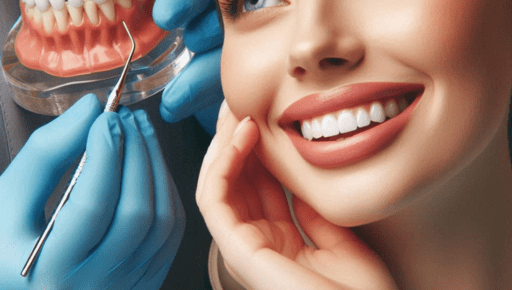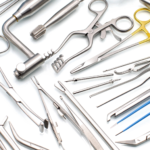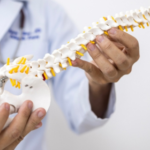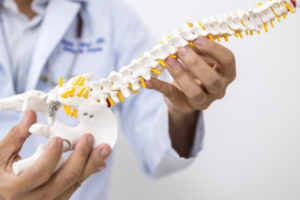Many people suffer from dental anxiety while chewing food or brushing their teeth these days. Even though it is a very common tooth issue and can be managed easily with some tips. Finding a root cause of dental anxiety might help to eliminate it within a few days. It is necessary to get dental anxiety treated at the right time to reduce tooth pain.

Talking to an Orange Park general dentist can help you understand the causes of dental anxiety. These dentists will give you effective tips to control dental anxiety and reduce pain. This blog explains how to handle dental anxiety.
What is dental anxiety?
As the name suggests, dental anxiety is a type of fear that patients experience before dental treatment. Many patients experience fear and stress before getting needles and drills in the mouth. Dental anxiety causes a lot of fear among some patients. They often face psychological problems such as post-traumatic stress disorder and generalized anxiety disorder. Symptoms and signs of dental anxiety are different and cause different side effects in the patients. They can be mild or severe according to the patient’s tendency.
Common symptoms faced by patients with dental anxiety
Symptoms vary from patient to patient in dental anxiety. Some common symptoms of dental anxiety existing in most patients are:
- Fast heartbeat or speedy palpitations
- Sweating or perspiration
- Aggression
- Signs of panic
- Low BP and fainting
- Distress and crying
Symptoms can be simple or complex in different patients as per their tendencies and conditions.
Tips to control dental anxiety
Patients can try some of the tips suggested below to reduce dental anxiety. These tips to reduce dental anxiety have been recommended by the best doctors in the game:
- Breathing exercises: One of the best ways to overcome dental anxiety is through deep breathing exercises. These exercises promote mental relaxation and make one feel at ease. They also reduce stress before dental treatments.
- Visualization of good things: Another method of controlling dental anxiety is to visualize good things. Patients can remember good moments with family and friends during a trip or picnic. Feeling joy will automatically reduce dental anxiety in many patients.
- Talking to a dentist about the problems: Patients must talk to the dentist about the problems they face during dental anxiety. Communicating with the dentist provides powerful remedies to reduce tooth pain and dental anxiety, and patients will feel more comfortable.
- Hypnotherapy: Another way to overcome dental anxiety is hypnotherapy. This method involves sitting with an unconscious mind and experiencing a state of mental calmness. This technique helps patients reduce anxiety and feel relaxed during treatment. Hypnotherapy is among the best techniques for removing dental anxiety in patients.
- Coming with a friend or cousin: Patients with dental anxiety must be accompanied by a trusted family member or friend during the dental treatment. Support from a friend or close family member will relax the mind and reduce the fear of dental treatment.
- Self-care Before A Visit To The Dentist: Some self-care tips will keep patients relaxed during treatment. Getting good sleep helps to stay relaxed while visiting a dentist. Patients must avoid consuming too much caffeine or sugar before visiting the dentist, as it increases anxiety. Deep breathing reduces anxiety during dental treatment.
- Accept Distractions: Patients who can easily allow themselves to be distracted do not suffer from a high level of anxiety. Accepting distraction relaxes the mind from the sound of dental equipment used in the treatment. This technique works in many cases of dental anxiety.
Conclusion
Patients with dental anxiety can try the above techniques to overcome this problem. They can also cuddle their pets to relax their minds while undergoing treatment. Communicating with a dentist reduces fear, depression, and anxiety before the final treatment of the teeth.














